The politicians may spend the two years left of the current regime talking about rail projects for which they’re seeking almost $6billion loan from the China EXIM Bank. Last year, transportation minister Rotimi Amaechi hinted that several rail tracks would be ready by 2018. Six months to 2018, the debate in the Senate is about south-east’s exclusion from the proposed projects. The loan has not even been negotiated, I guess.
Senators Abaribe Eyinnaya, Ike Ekweremadu and others spoke for their constituencies when they alleged that the proposed rail tracks won’t pass through any part of the south-east. Minister Amaechi and his lieutenants have assured the nation that the track will pass through Abia State. Let’s hope they’re right.
But talk is cheap. My fear is that, even by May 2019, the coastal rail project will still be on the drawing board. And it will be a campaign issue, just as the “second Niger bridge” has been since 1979. Could it be true that the only good politician is one dead? I disagree.
President Buhari said the loan would be for the modernization of the Lagos-Kano, Lagos-Ibadan, Kano-Kaduna and Lagos-Calabar rail tracks. The ministry of transportation has cleverly stated that one of the segments – the coastal rail project — will pass through “Port Harcourt-Aba-Uyo-Calabar with extension to Onne Deep Sea Port”.
Advertisement
Abaribe’s motion to stop the loan on account of the south-east’s exclusion has failed in the Senate. But if past experience is anything to go by, I predict that the fund to be obtained will finish just as the rail track will be entering the south-east. It’s a ploy used especially by former military leaders – the class of 1966 who fought “to keep Nigeria one” – to rob the south-east of deserved projects. For instance, foreign consultants told them, in 1973, that if Nigeria needed a steel manufacturing firm it should be sited near Onitsha. They ignored the consultants and quickly moved to Ajaokuta. Forty-three years later, the Ajaokuta Steel Complex has yet to take off. It has been sold, bought back and resold. Its machinery has become obsolete. Welcome to Nigeria!
Rail infrastructure will be beneficial to everyone, no matter where it’s sited. This column has reiterated the importance of rail transportation, but I’ve been more concerned about having high-speed trains and rail tracks. As we’re about to enter the third decade of the 21st century, the trains we will need are high-speed ones. So the authorities should bear this in mind, while “modernising” the rail tracks first built in 1909.
I was excited when I first read about high-speed trains in Japan, China, Spain, France and other parts of Europe. It takes a medium-speed passenger train just two hours for the 485km trip from London to Paris. In December 2010, a Chinese passenger train covered 486km/h. By 2003, Japan had the world’s fastest train that travelled 581km per hour. I don’t know which country holds the title now, but the race to produce 700km/h trains is on.
Advertisement
Imagine the benefits of having a train that travels 500km per hour in Nigeria. I would have no need to live in Abuja – I would travel from my village (435km away) to my place of work in Abuja within 50 minutes. [Currently, within the Federal Capital Territory Abuja, it takes most people three hours to travel 24km from their homes to their offices in the morning because of heavy traffic. It takes longer in Lagos, despite some improvements in the past 10 years.]
And what about high-speed boats and ships? It would be nice to live in Otuoke (Bayelsa State) and sail to Lagos within one hour. Somebody would have preferred to live in Lokoja and do business in Onitsha: it would take 40 minutes on speedboat if the River Niger had been dredged.
I’m convinced that having a good transportation system will be more beneficial than having regular power supply in the country. This may sound strange to youngsters, who need power to enjoy their favourite TV programmes, play their favourite video games, listen to their music and expel darkness at night.
Let me explain: We know that lack of power supply has killed industries and jobs. As a result, many otherwise good Nigerians have turned armed robbers, terrorists and kidnappers. They have killed innocent people and have got killed. However, the number of Nigerians that die as a direct or indirect consequence of lack of electricity pales into insignificance when compared to those killed daily on our roads.
Advertisement
The collapse of the rail system has “boosted” the business of truck owners engaged in haulage. The heavy-duty vehicles have destroyed our roads and are the major cause of road accidents. Remember the people killed when fuel-carrying trucks went up in flames?
By the way, I was told that turbines and other heavy equipment imported by PHCN and independent power producers (IPPs) have been held up in the ports because there are no trains to take them to their destinations.
Trains can make a lot of difference in our lives. I remember when I used to frequent Port Harcourt from Enugu between 1983 and 1984. I paid N2. 50 for a second-class seat and N10 for first-class. (Nigeria Airways charged N45 for a flight from Enugu to Lagos in those days.) The express train used to leave PH at 8am and reach Enugu just before 3pm.
Today, the trains have disappeared. About 95 per cent of Nigerians now risk their lives daily on dilapidated roads. Families have been wiped out! Had there been an efficient rail system, people travelling to their villages for festivities would have enjoyed safe and pleasurable trips. There would have been no human or vehicular congestion in cities like Abuja, PH and Lagos.
Advertisement
The thing that makes city dwellers poor
Do you know that lack of electricity or its inadequacy is the greatest contributor to Nigerians’ poverty? The proof: It’s not enough for a city dweller to get his home connected to public power supply and pay his bills, usually monthly. Buying a refrigerator, air conditioners, computers and other electronic gadgets is just the beginning. To enjoy electric energy, he has to own several stabilisers, one for each AC, refrigerator, and TV set. A UPS will do for a computer.
After these, the problem gets complicated: I give his stabiliser one or two years to live. And because he won’t know when it’s no longer stabilising Nigeria’s epileptic power supply, his appliances easily gets damaged. He would then send each stabiliser along with the damaged appliance to one technician after another.
Advertisement
Imagine the cost of purchasing and maintaining all those gadgets and their stabilisers. The prices have hit the roof in the past year.
But he hasn’t finished paying the price of having unstable power. Of course he needs a generator. And he must have to buy fuel regularly, and service the generator every two weeks.
Advertisement
The reason Nigeria’s city dwellers are often poor can therefore be seen. Apart from the high cost of food and transportation, they have to worry more about their appliances and their backups. Small wonder the wealthy few choose to live in well-run nations of the world!
+234-8054100220 (SMS/WhatsApp only)
Advertisement
1 comments
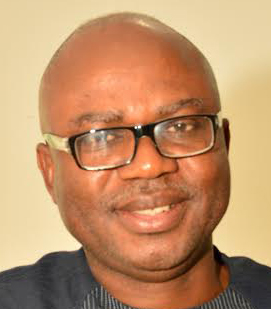
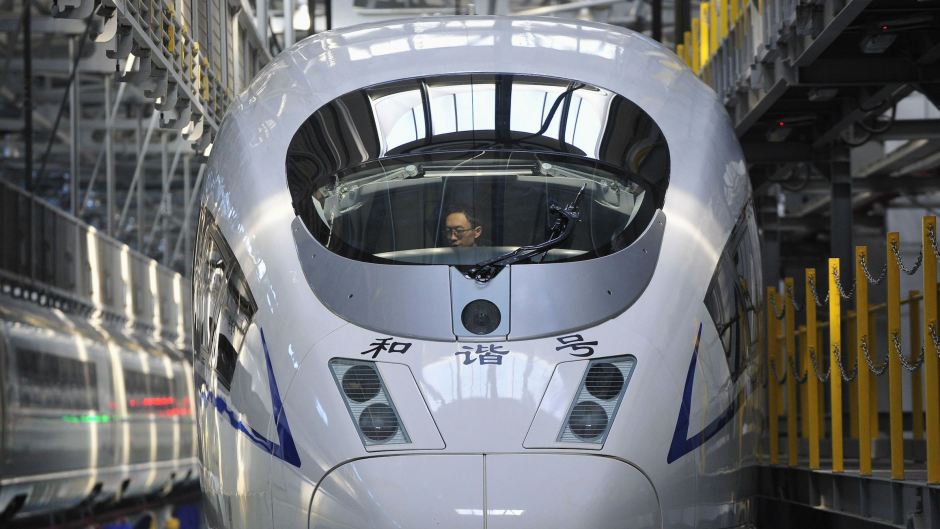
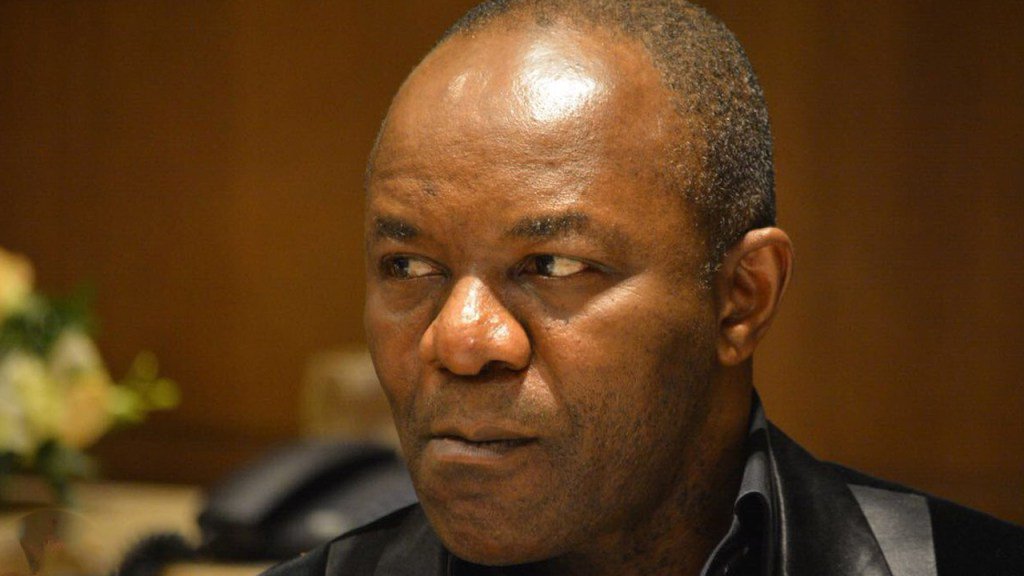
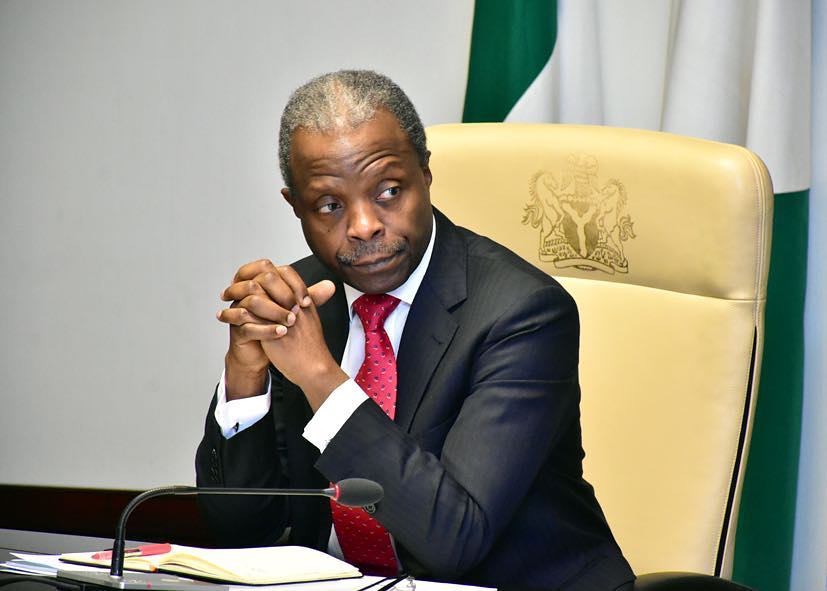
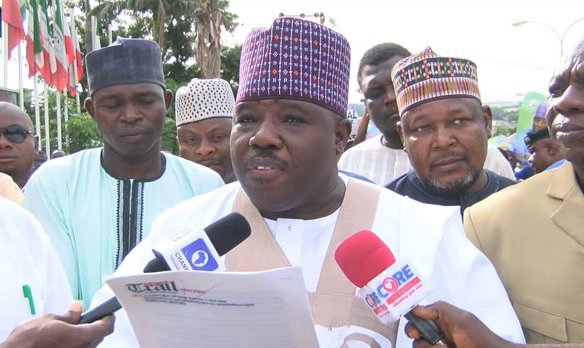
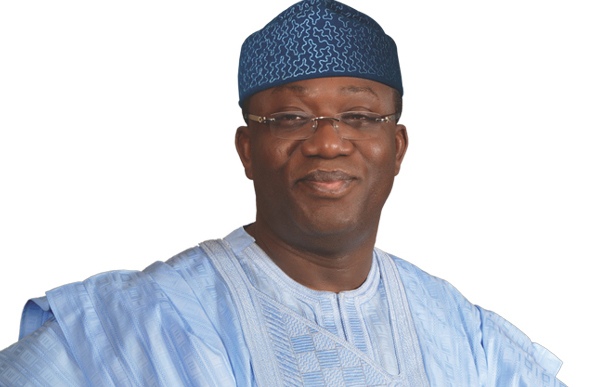

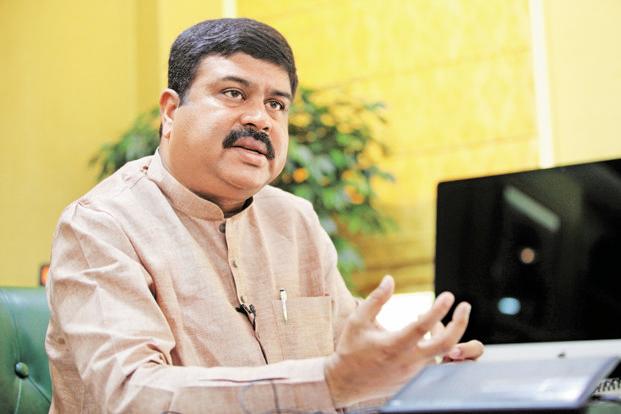
sir to run 21st century rail system such nation must have stable power, of which with stable power the 21st century train you are proposing is a mirage